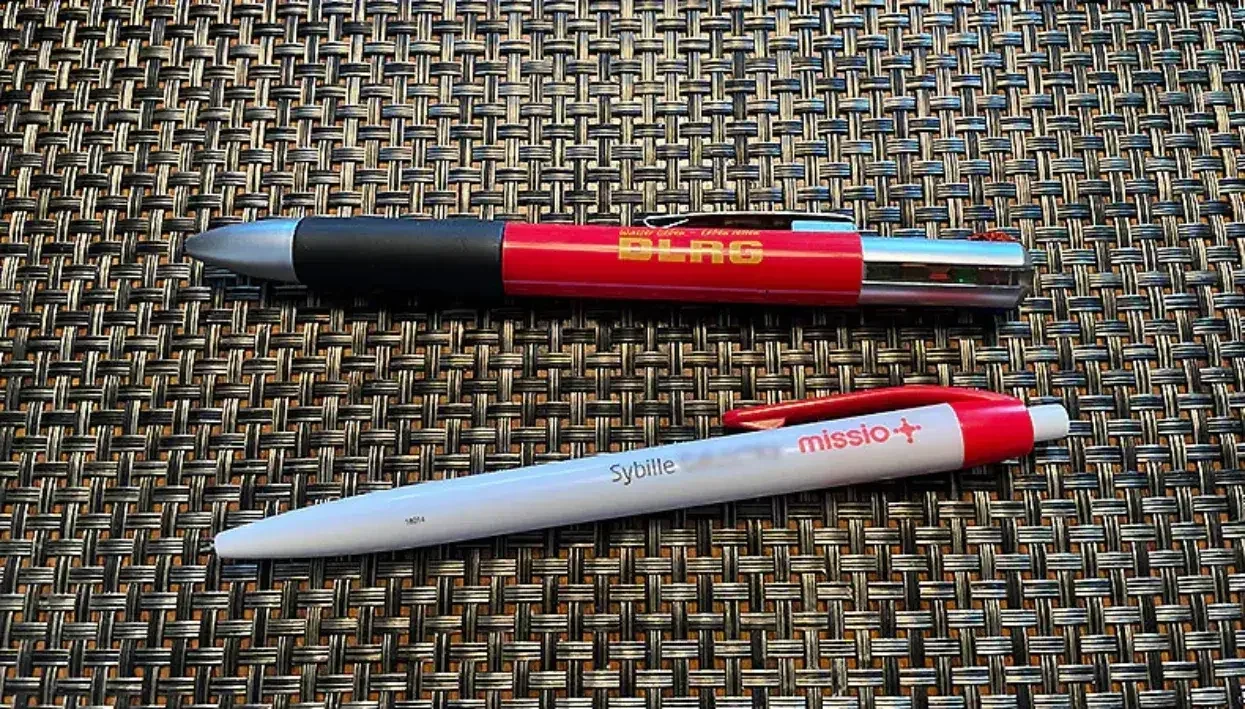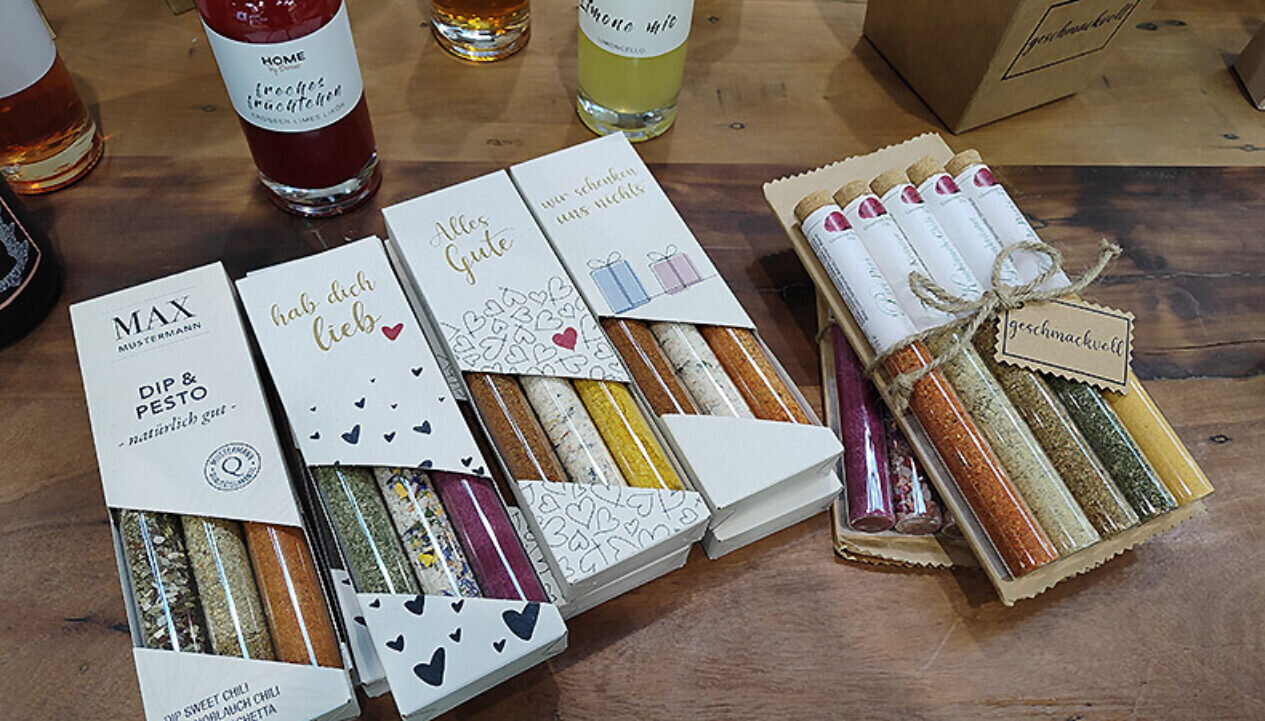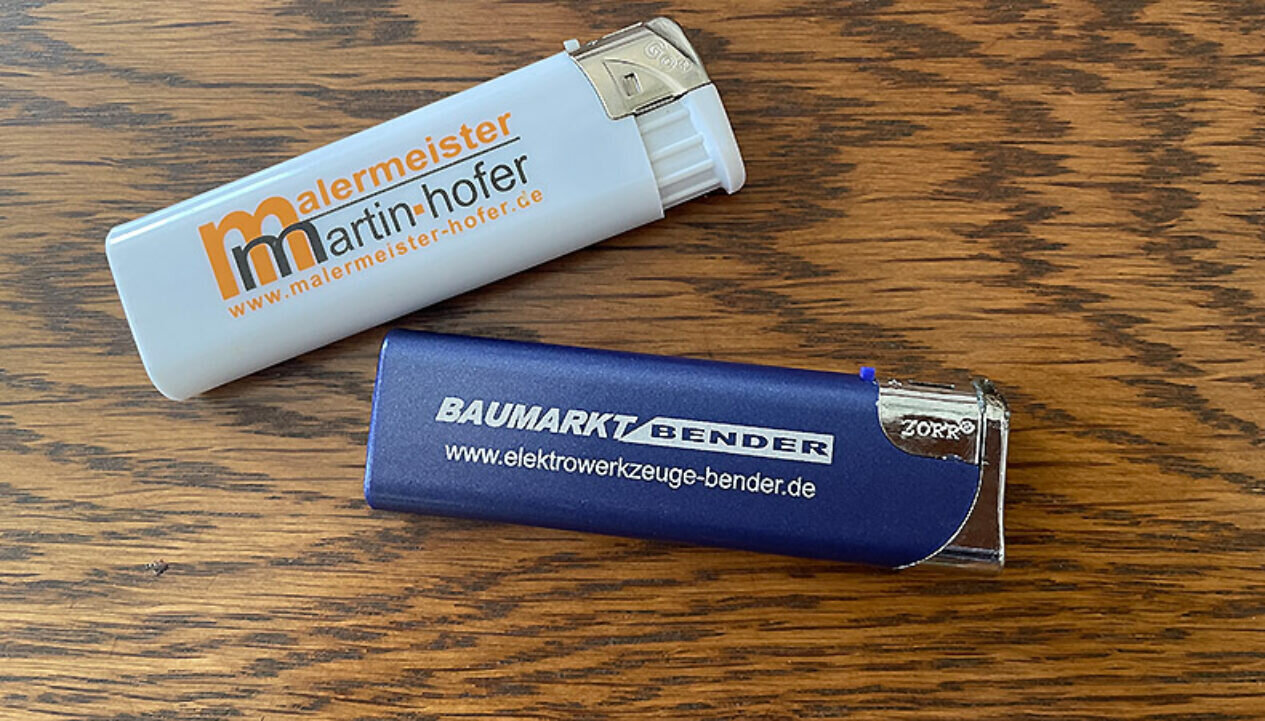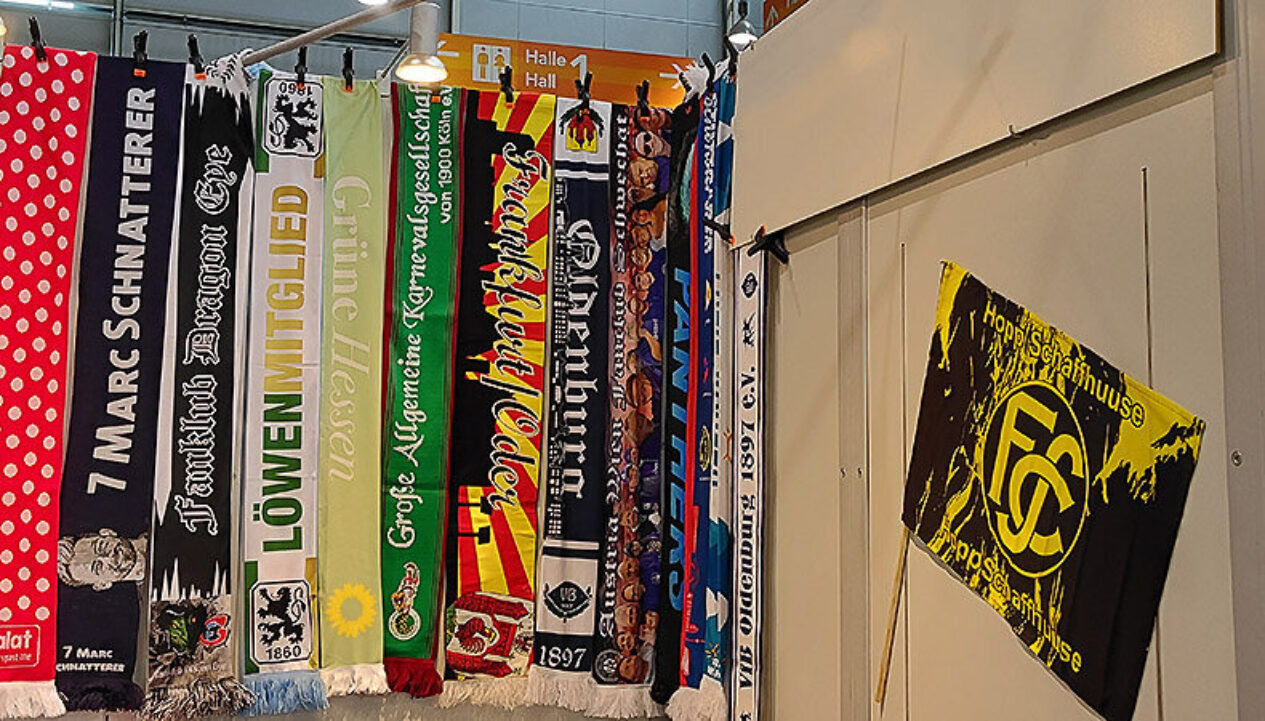
Promotional gifts continue to be appealing for customers. Digital printing is perfect for taking haptic advertising to the next level. Sonja Angerer discusses what makes the combination of inkjet printing and promotional items so appealing for printers.
Are promotional gifts still popular? They are, despite the economic downturn in many European countries. In 2022, according to the German Promotional Products Industry Association (GWW), the costs spent on giveaways in Germany alone increased by around 6% YoY to 2.8 billion euros. This is still significantly less than before the pandemic. However, it should be taken into account that, according to Nielsen surveys, advertising spending in Germany reduced by 3.4%over the same period, and the trend seems to be ongoing.
Are promotional items in demand?
Compared to other forms of advertising, promotional products still are popular and relevant. This may be due to the high reach of 89% in Germany. According to recent studies by GWW, most recipients of these items keep them for at least over a year. In addition, this makes promotional products a very sustainable form of advertising.
Water-based inks are often used for promotional gifts alongside paper packaging.
Image Credit: S. Angerer

What are the current trends around promotional giveaways?
The demands of consumers and advertisers have changed in recent years: Broadly distributing common items is not as popular, while personal, timely and occasional promotional gifts are still well received. This leads to shorter run lengths and Variable Data applications, making the business gifts an ideal segment for digital print.
The most popular promotional items are very easy to produce using inkjet technology. The most popular promotional gifts include items such as pens, lighters, bags, and mugs.
Flat giveaways made of plastic can be easily printed onto using UV inkjet technology.
Image Credit: S. Angerer

How are promotional products made with inkjet printing?
Today, it is common for promotional items to be decorated with screen, flexographic and pad printing. For high print runs, analogue printing may still be the most cost-effective option. Today, industrial strength inkjet printing is very competitive and offers personalisation as a bonus.
UV-curing ink is usually used to print on plastic giveaways in inkjet. However, the surface to be printed onto needs to be flat or only slightly curved to prevent the print blurring in places where the print head is too far away from the substrate. Mimaki offers a kebab option for the UJF MKII series specifically for direct printing on cylindrical objects.
Inkjet printers optimised for printing promotional items, such as those from Roland DG or some Mutoh models, often have a greater clearance height of 100 to 150 mm than machinery focused on films and boards. To simultaneously print on several small promotional items, the print bed can be provided with a template in which they are inserted for precision position.
Sublimation workflows are also common, especially for cups and bottles where rounded hot presses are used for mugs and bottles. For paper-based promotional items such as boxes, pads or notebooks, water-based ink is often used.
For textile giveaways such as team shirts, sublimation inks often are used. However, these require a polyester substrate, so that direct printing with Pigment inks (DTG) and DTF are becoming more and more popular, as they will stick onto almost any commercially available textile fibre.
Textile promotional gifts are often made using inkjet sublimation printing.
Image Credit: S. Angerer

Do promotional products offer opportunities for printers?
Promotional products are an important part of the marketing mix. In digital printing, they can be easily personalised, for example for direct mailings or donation letters.
But the competition is fierce, especially online, advertisers can order common giveaways at prices that smaller medium-sized companies cannot typically compete with.
One way to stand out from the crowd is to specialise in original and high-quality giveaways. These are popular with agencies that manage large advertising budgets and are always looking for new, creative, and reliable partners. Digital printers can then include their own designs, flexibility, and personalisation options.
Therefore, it’s worth taking a closer look at the promotional products market. Especially at a time when many traditional advertising media are losing importance, this market still offers a lot of potential for additional sales.
To discover the latest content that covers a wide range of sectors including inkjet printing, digital printing and screen printing sign up for FESPA’s free monthly newsletter FESPA World available in English, Spanish and German.